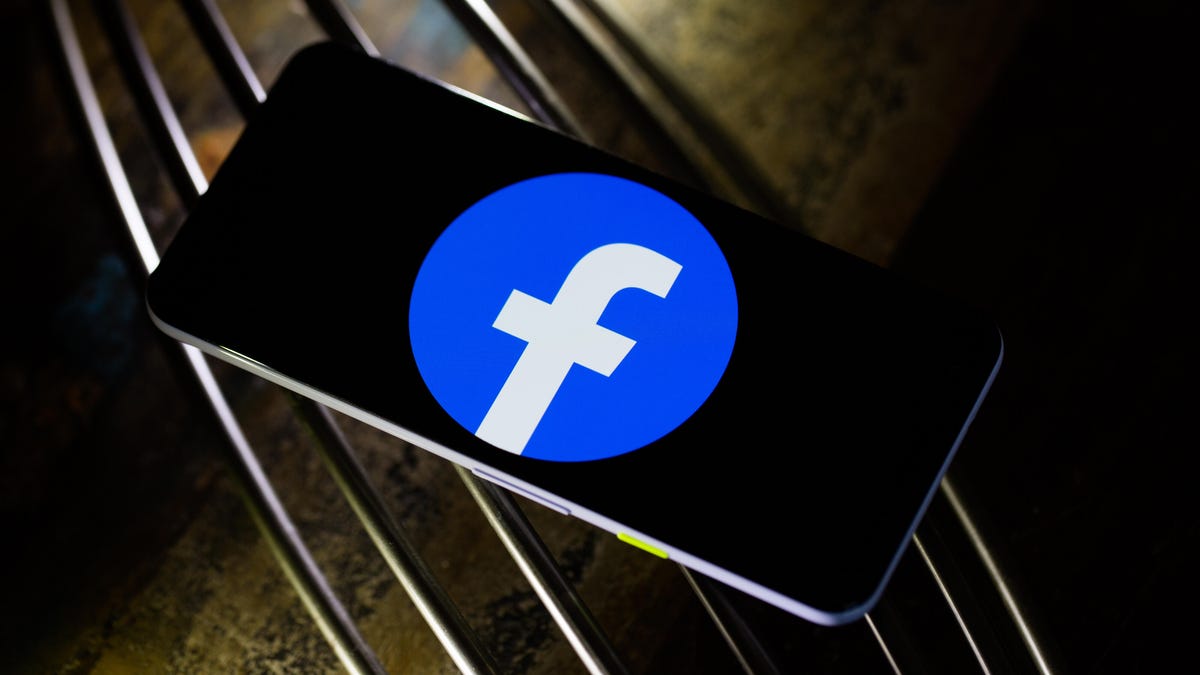Facebook ads could get Trump elected again in 2020, exec says
A lengthy internal post from Facebook executive Andrew Bosworth hits on Trump, Lord of the Rings and sugar.

Facebook executive Andrew Bosworth says Facebook is responsible for Trump getting elected in 2016.
A longtime Facebook executive says the social media giant is responsible for getting US President Donald Trump elected in 2016. But not because Russian trolls used the social network to interfere or spread misinformation. "He got elected because he ran the single best digital ad campaign I've ever seen from any advertiser. Period," said Andrew Bosworth, who runs Facebook's virtual reality and augmented reality operations.
The statement is from a leaked internal Facebook post by Bosworth that was published by The New York Times on Tuesday. Bosworth later shared the post, which he said "wasn't written for public consumption," to his public Facebook page.
In the more than 2,000-word post, which is reportedly from Dec. 30, Bosworth says the Trump campaign's use of Facebook's ad tools helped Trump get elected and "very well may lead to the same result" in 2020. Bosworth goes on to warn against Facebook changing its political ad rules to prevent that outcome, and used a Lord of the Rings reference to make his point.
Facebook has faced intense criticism for its rules that allow politicians to make whatever claims they want -- true or untrue -- in ads that run on the platform. In October, more than 250 Facebook employees signed an open letter to CEO Mark Zuckerberg condemning the policy.
Bosworth also touched on several other topics in the post, including Russian interference, the Cambridge Analytica scandal and social media addiction. He compared Facebook to sugar, saying it's delicious but "benefits from moderation."
Facebook declined to comment.

